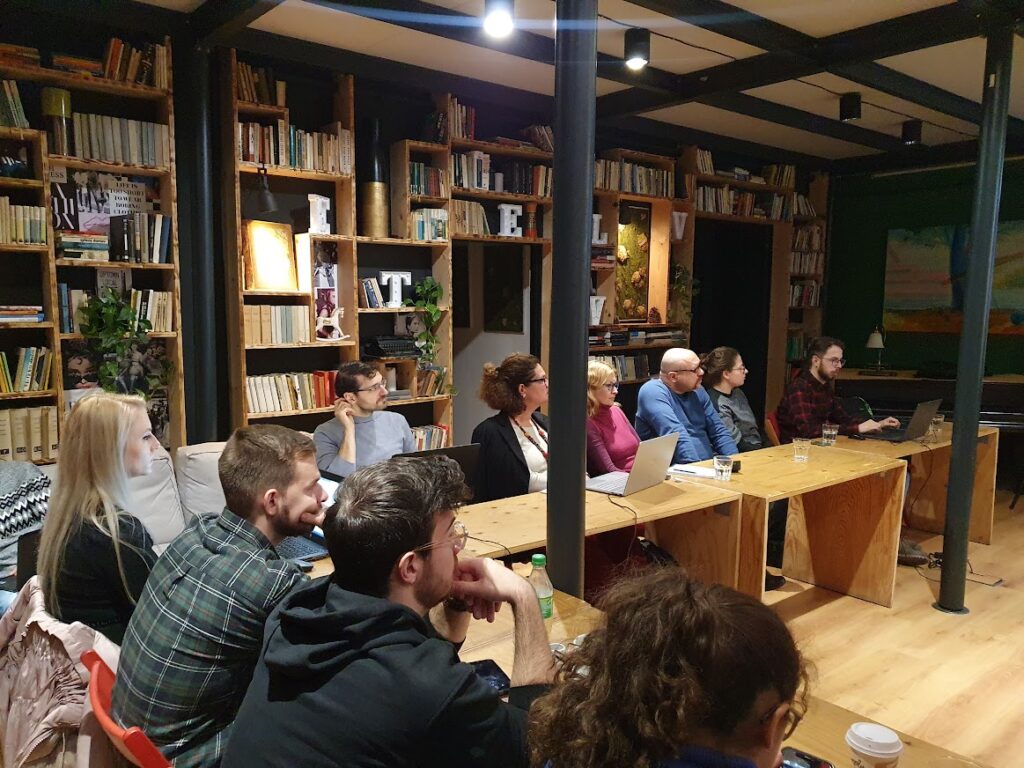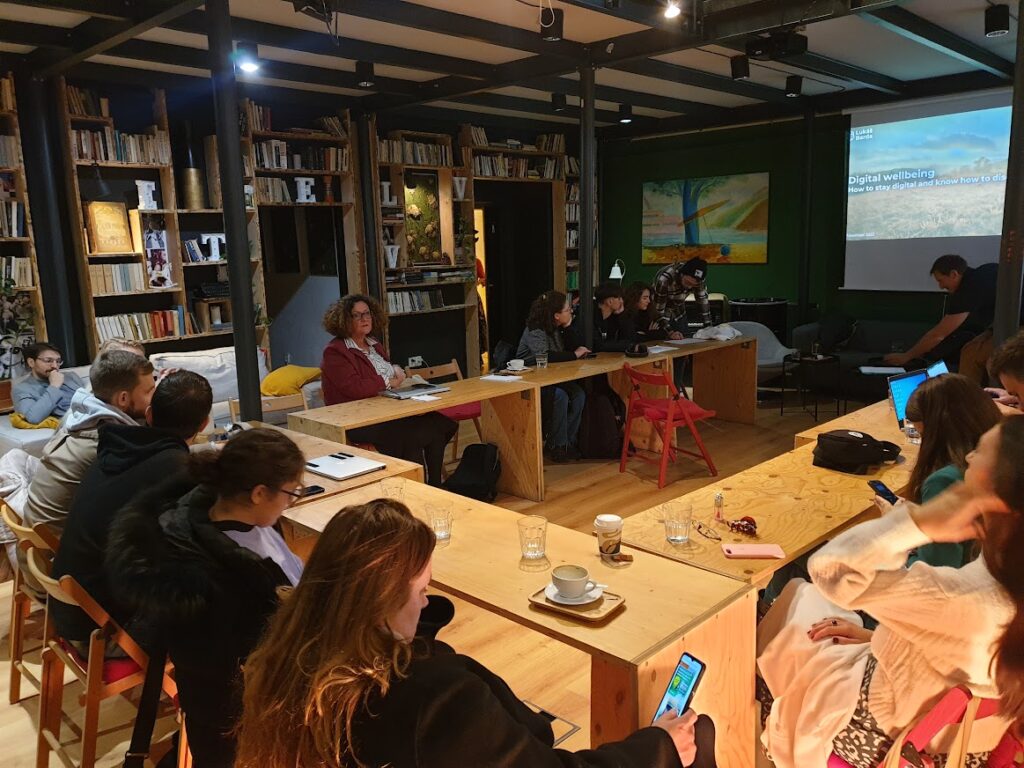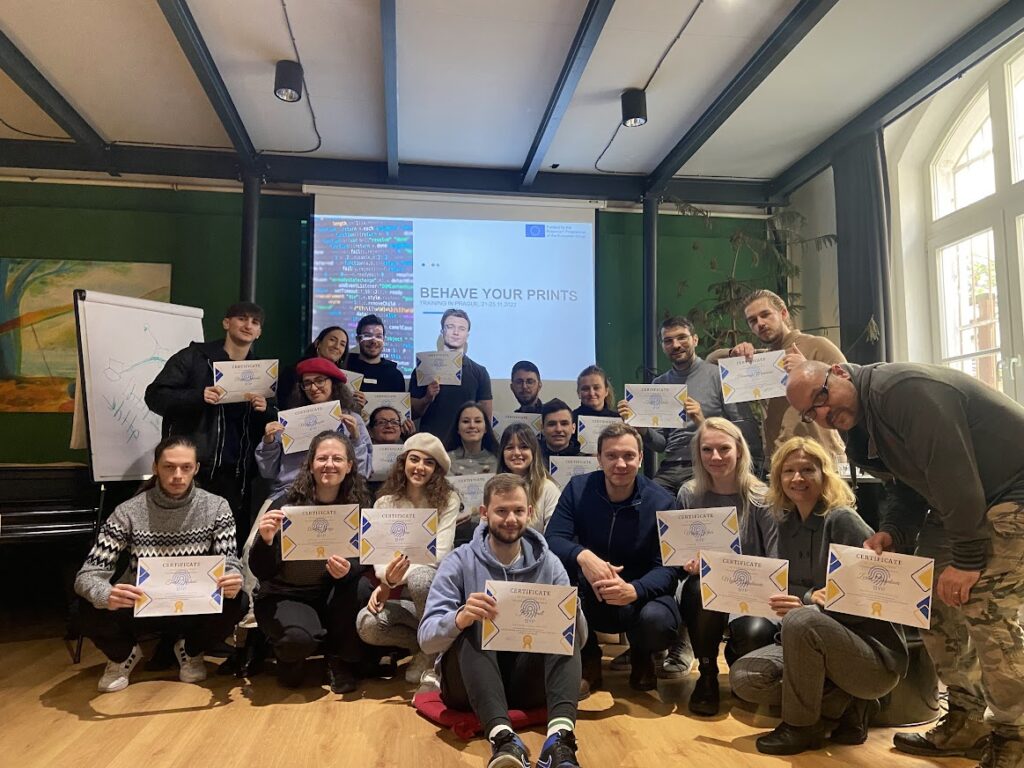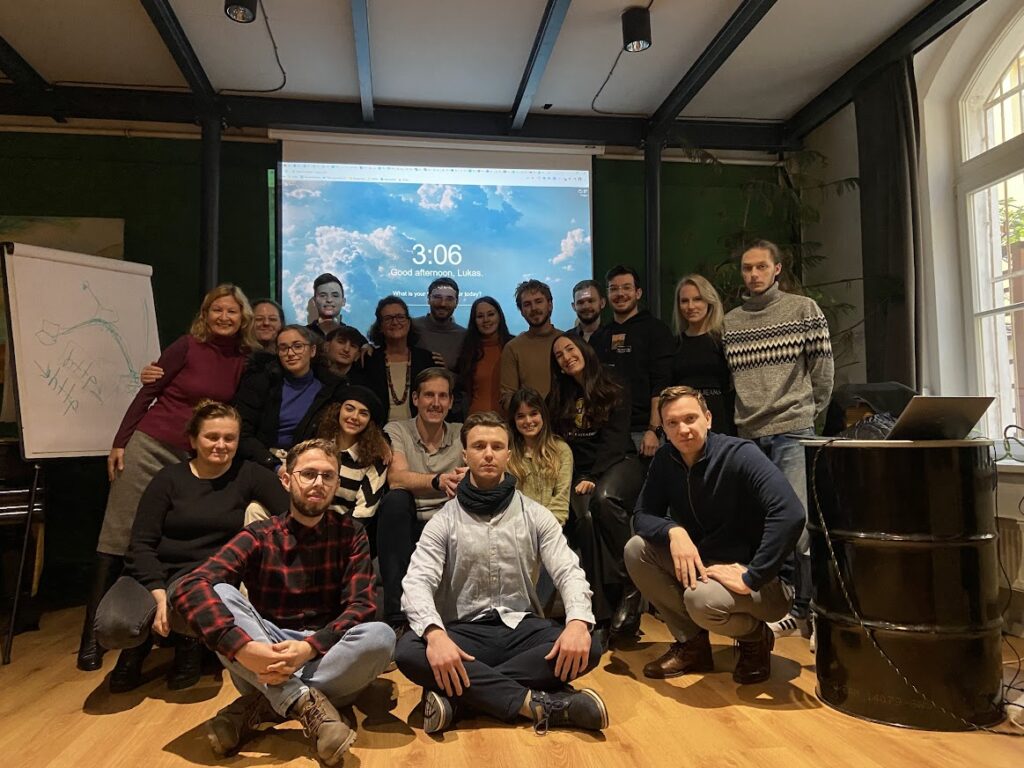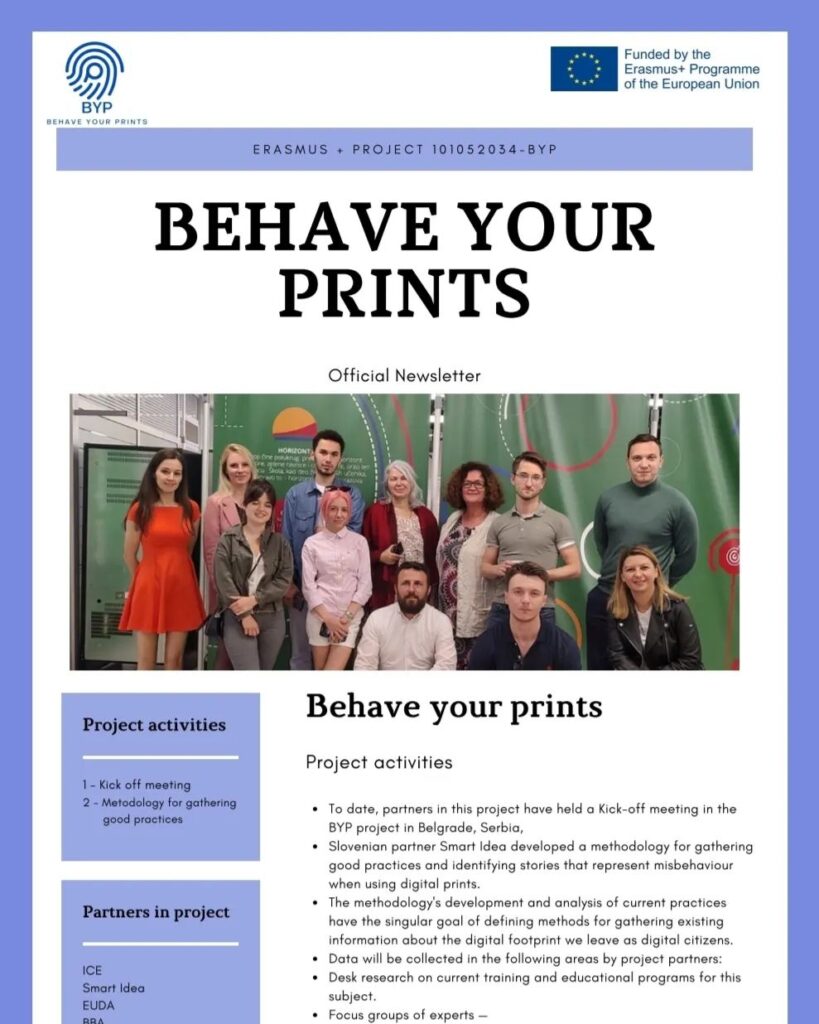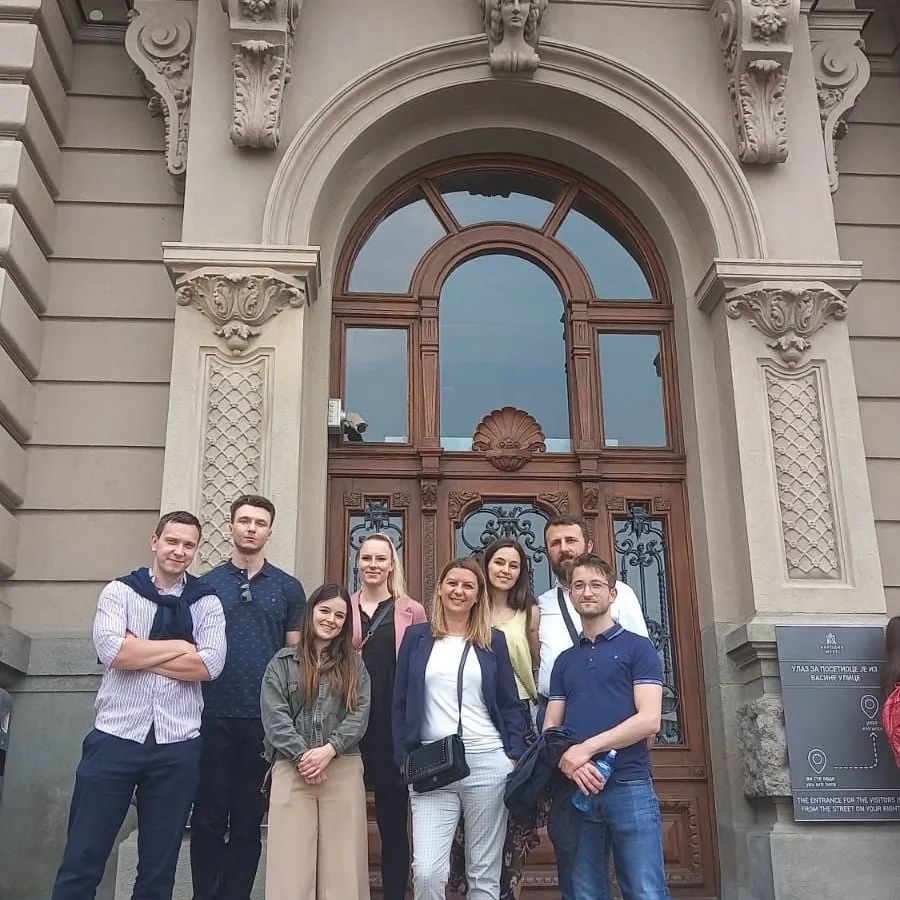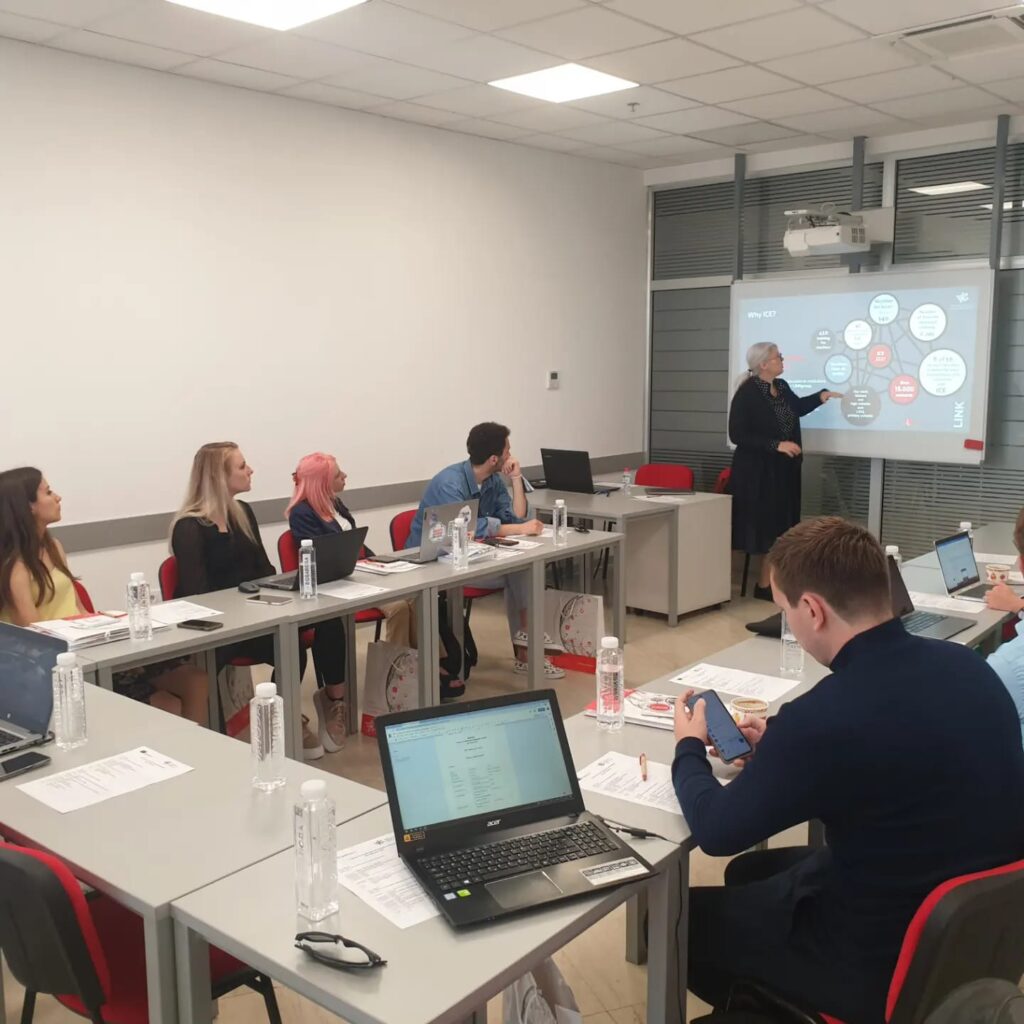Erasmus + project VET3D partnership held international discussion on December 1, 2022.
The discussion aimed to map the actual situation, problems, and possible solutions in the VET sector in project countries. Project partners introduced the meeting participants with the main results from project research in VET sector from Result 1 and Result 2 as well as discuss the actual problems and challenges in VET sector.
In total 22 participants from partner countries, namely, Italy, Latvia, Greece, Czech Republic, discussed VET sector challenges. The lack of teachers, also teachers’ ability to transfer soft skills across all learning dimensions, and students’ ability to socialize and build collaboration onsite or in presence was mentioned today as are to be improved as not VET students mainly represent Gen Z and digital socializing manner is more common. Soft skills integration into daily curriculum based on a certain soft skill framework was one more dimension today. Students’ engagement in after-class activities like common projects, camps, and gaming could be also soft skill promoter, but students may lack time and motivation to stay after a long learning day at school.
The international experts were introduced with Result 1 “DIGICOMP 3D PARTNERSHIP REPORT- research on the key competencies and soft skills model in Vocational Education and Training for VET students” available on a project web page https://vet3dproject.eu/wp-content/uploads/2022/09/VET3D-IO1Report-Final-.pdf
The international experts’ meeting is one of Result 2 “3 Dimension learning model for VET” activities, finalizing soon in December 2022. The R2 report will be available in January 2023.
Project VET3D aims to promote soft skills in formal, non-formal, and work-based learning in the VET sector.
Please visit the project web page at https://vet3dproject.eu/ and follow project on FB page https://www.facebook.com/VET3D-Project-109531734918907

